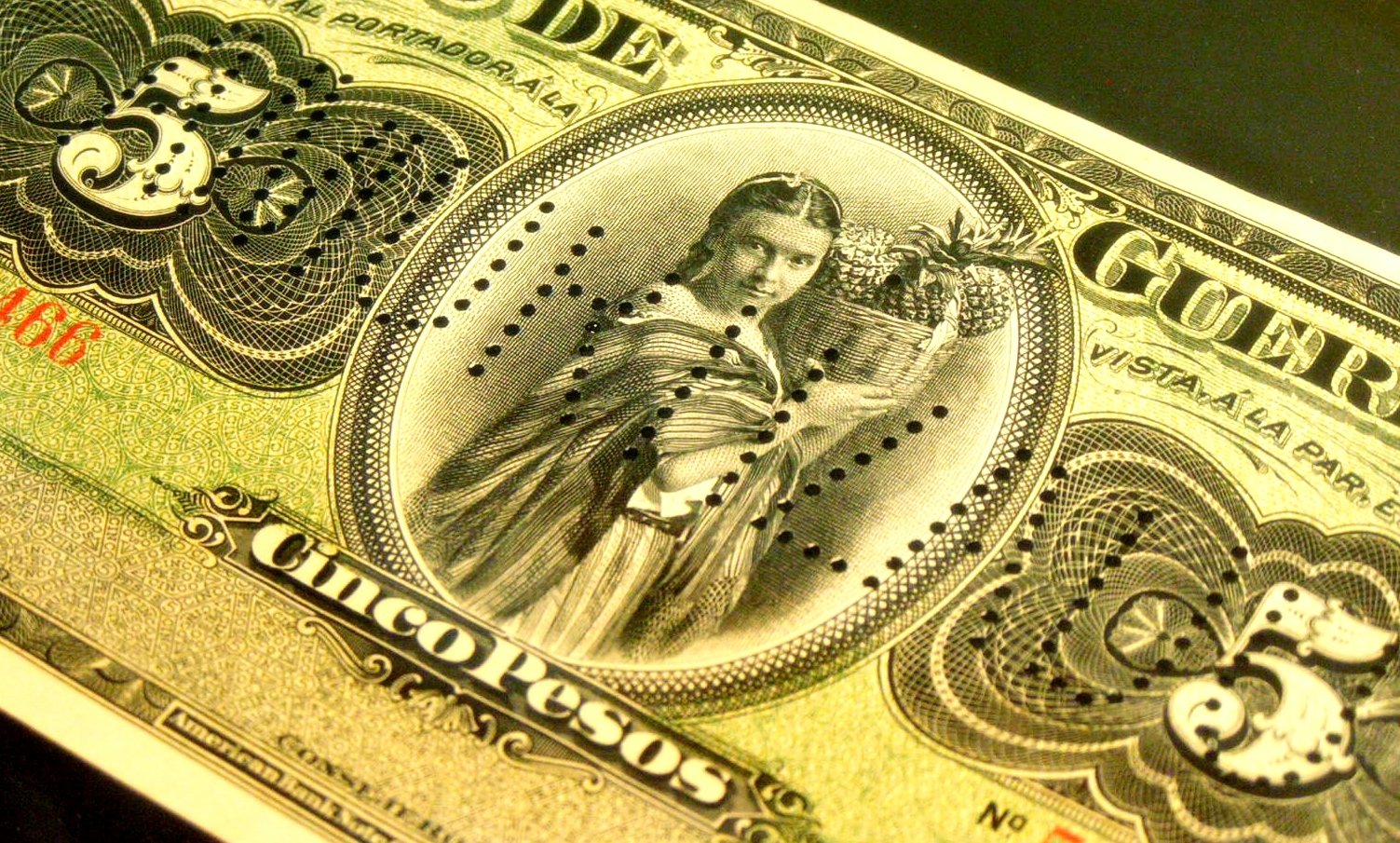Anathema, antithetical to the very concept/purpose of patents

Summary: We have become detached from the original goals and come to the point where patent offices aren't necessarily run by people qualified for the job of advancing science and technology; they, unlike judges, only seem to care about how many patents get granted, irrespective of their quality/merit
THE conundrum which lawmakers sometimes face depends on who pays (or bribes) them. We recently wrote about Orrin Hatch, sponsored the most by the pharmaceutical industry, trying to make pharmaceutical patents immune/exempted from Patent Trial and Appeal Board (PTAB) inter partes reviews (IPRs). The USPTO is itself run by a lot of lawyers, not just scientists; look who has been appointed its Director.
There has always been this danger that nontechnical people (like Battistelli and
Campinos) would doom patent offices, making them little more than litigation pipelines, preparing the patents for lawsuits,
even frivolous ones.
"There has always been this danger that nontechnical people (like Battistelli and Campinos) would doom patent offices, making them little more than litigation pipelines, preparing the patents for lawsuits, even frivolous ones.""The UK will also be excluded from the EU’s unitary patent framework," says a British magazine this week, perpetuating the false belief that something constructed by lawyers for personal gain is actually worthwhile for all of us. But more importantly, however, there is no such framework. The Unified Patent Court is dead, irrespective of Brexit. It never existed and it doesn't seem as though it ever will.
The EPO has said virtually nothing about the UPC for over a month now. Moreover, it's not desirable to Britain or any other country. Only to patent lawyers and trolls. These 'unitary' patents are of no real value for SMEs, for instance, and more often than not companies that aren't even European want these.
Here's the relevant part:
33. The UK will depart the EU’s intellectual property regime, with EU trademarks ceasing to have British application. The UK will also be excluded from the EU’s unitary patent framework.
Which doesn't even exist?
Over in the US, Watchtroll constantly complains. It moans,
even on Monday, about anything at all which reduces patent scope and improves the quality of patents (based on obviousness in this case). Such is the nature of the litigation 'industry'. It always wants more and more patents -- even low-quality ones -- to saturate the system and hammer on the dockets (of courts).
Gene Quinn is again lobbying the PTO, trying to tell it what the rules should be. He said "the rule the MPEP should be revised to contain is this: “The prior art reference (or references when combined) must teach all the claim limitations. Only in the most extraordinary of situations where the missing claim limitation is ‘unusually simple and the technology particularly straightforward’ is it appropriate for common sense to be relied upon to supply a missing claim limitation.”"
Dennis Crouch
said that "[t]he USPTO has quietly proposed adding new annual bar dues ($240 – $410) for patent practitioners as well a continuing legal education (CLE) requirement. The proposal is buried in the Table of Proposed Fees that will serve as the basis for an upcoming September 6, 2018 PPAC meeting on fees."
These are indoctrination programs for patent maximalists ("practitioners"). They're people who look to make money out of patents without actually creating anything, i.e. they're not practitioners per se. Joseph Herndon
wrote about the fee increases over at
Patent Docs:
On August 8, 2018, Director Iancu issued a letter to the Patent Public Advisory Committee notifying of proposed fee increases at the U.S. Patent and Trademark Office, and institution of new annual fee for active patent practitioners.
The Director stated that the fee increases are needed to ensure commitment to fiscal responsibility, financial prudence, and operational efficiency.
This is a patent fee proposal open for comment at this stage, and the Director stated that it is anticipated that the fee adjustments resulting from this effort will not be implemented until the January 2021 timeframe. Generally, there are across the board fee increases, and the USPTO stated that given the nearly three-year gap between the implementation of the last fee adjustments and the anticipated effective date of this fee setting effort, a five percent increase to fees is similar to fees rising by 1.6 percent annually.
At the end of last year two scholars, Michael Frakes and Melissa Wasserman, explained why
the patent office lost touch with reality. If wasn't for
SCOTUS and the
Federal Circuit issuing judgments that reduce confidence in granted patents, the patent office would
still be awarding loads of nonsensical patents. In Europe the courts have come under an unprecedented attack; the patent office waged a war on judges and made it harder to reach justice for judges might dare point out the decline in the quality of patents.
⬆

